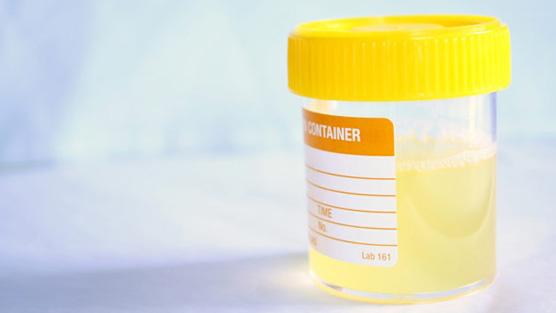Urinary Tract Infection (UTI) In Men
Urinary tract infections (UTIs) are most often caused by bacteria (germs) that invade the urinary tract. The bacteria may come from outside the body or they may travel from the skin outside of rectum into the urethra. Men rarely get UTI’s before the age of 50, but they are common in older men. Men older than 50 may have an infection but with no discernible symptoms. UTI’s are also less common in men than in women. This is because the male urethra is long, making it difficult for bacteria to spread to the bladder.
Risk Factors Of A Urinary Tract Infection (UTI)
Aside from age, there are additional factors that put men at a greater risk for developing a UTI including:
- Incontinence (not able to control when you urinate)
- Not being circumcised
- An enlarged prostate
- Urinary bladder catheter placement (or use) can disrupt the normal flow of urine, which help wash away the microbes. A urinary bladder catheter is usually used for various medical conditions to facilitate urine outflow
- Blockages in the urinary tract, such as caused by kidney stones, which impair the flow of urine
- Poorly controlled diabetes
What Are The Symptoms Of A UTI?
Urinary Tract Infections in men are usually caused due to infection by bacteria such as Escherichia coli, Klebsiella, Pseudomonas, or Staphylococcus. The infection can spread from the urethra through the urinary tract and reach the bloodstream from the kidneys. Common symptoms of a UTI include:
- Pain or burning during urination
- Cloudy urine
- Pain or pressure in the lower abdomen
- Foul-smelling urine
- Need to urinate frequently
- Urethral discharge
How is a UTI diagnosed?
Your healthcare provider will ask about your symptoms and medical history. Your provider will examine you, including an exam of the prostate with a rectal exam. Your provider may also order lab tests of the urine and of discharge from the urethra and prostate gland.
How is a UTI treated?
UTIs are treated with antibiotics. Your healthcare provider may also prescribe a drug for burning and discomfort. For most UTIs, the symptoms go away within 24 hours after you begin treatment. Make sure you finish all of the antibiotic medication to prevent recurrence of the infection.
How To Prevent A UTI
The following tips can help to prevent a urinary tract infection:
- Drink lots of fluids every day
- Empty your bladder often and completely
- Practice safe sex
- Always use latex or polyurethane condoms
- Urinate after sex to flush out bacteria
- If you are uncircumcised, wash under the foreskin each time you take a bath or shower
Prognosis
Most urinary tract infections can be treated successfully. Bladder infection symptoms usually go away within 24 – 48 hours after treatment begins. If you have a kidney infection, it may take 1 week or longer for symptoms to go away.






